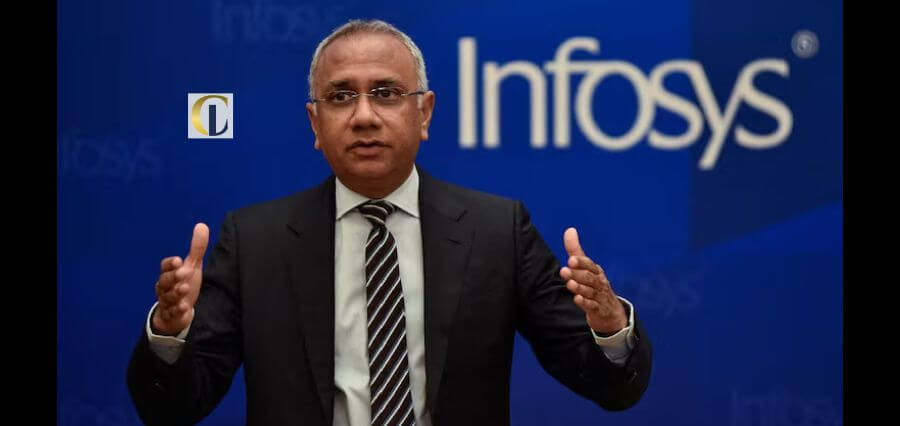India will establish guidelines to encourage firms to switch to renewable energy.
According to power minister Raj Kumar Singh, the new laws would let businesses to purchase renewable electricity from state distributors at ‘green rates.’
India is developing regulations to encourage firms to convert fully to renewable energy, a critical step toward decarbonizing the country’s fossil-fuel-dominated economy.
According to Power Minister Raj Kumar Singh, who spoke at the virtual BloombergNEF summit on Tuesday, the new laws would let businesses to purchase renewable power from state distributors at “green tariffs.” He also stated that obstacles for companies looking to acquire clean power directly from generators will be removed.
Accelerating the use of renewable energy in offices and industries, the country’s major power consumers, will be critical to meeting objectives for reducing emissions per unit of GDP. It will also help firms improve their ESG (environment, social, and governance) rankings by lowering their carbon footprint.
Those who choose green electricity will be granted open access – when they are not tied down to a local distributor – within 15 days, rather than months, according to Singh. State utilities would be forced to satisfy demand or risk losing their high-value clients.
According to Debasish Mishra, a Mumbai-based partner at Deloitte Touche Tohmatsu, providing time-bound open access, while a “positive move,” may be laden with problems.
Industrial purchasers pay the highest grid power costs, allowing utilities to subsidise poorer users. Cash-strapped distributors, who are already facing perilous financial situations, sometimes oppose losing these clients to alternative suppliers.
“High open-access prices can frequently create hurdles for customers to directly use green power,” added Mishra. “And, by law, it is within the purview of state electrical regulators, who must balance the interests of the incumbent utility.”








